Just when you thought flying up front couldn’t get any pricier, along comes the Global Solidarity Levies Task Force (GSLTF) with a bold new idea: tax the life out of premium flyers. That means anyone in business, first class, or flying private jets, basically, anyone sipping champagne at 38,000 feet rather than fighting for elbow room in row 43.
The reasoning? To raise cash for climate change mitigation, pandemic preparedness, and other global development goals. In our full breakdown of the backlash, we explain why IATA is calling the proposal nonsense and why taxing top-tier travellers could do more harm than good. Sounds noble, but the International Air Transport Association (IATA) isn’t having it, and frankly, they’ve brought receipts.
In This Post
Champagne Passengers = Cash Cows?
The GSLTF estimates a “premium flyer levy” could rake in €78 billion a year (that’s over $90 billion USD). The problem is that the figure is nearly three times the airline industry’s total estimated profits for 2024. Yep $32.4 billion industry-wide, and they want to extract three times that.
Not exactly spare change found down the back of an Emirates First Class suite, is it?
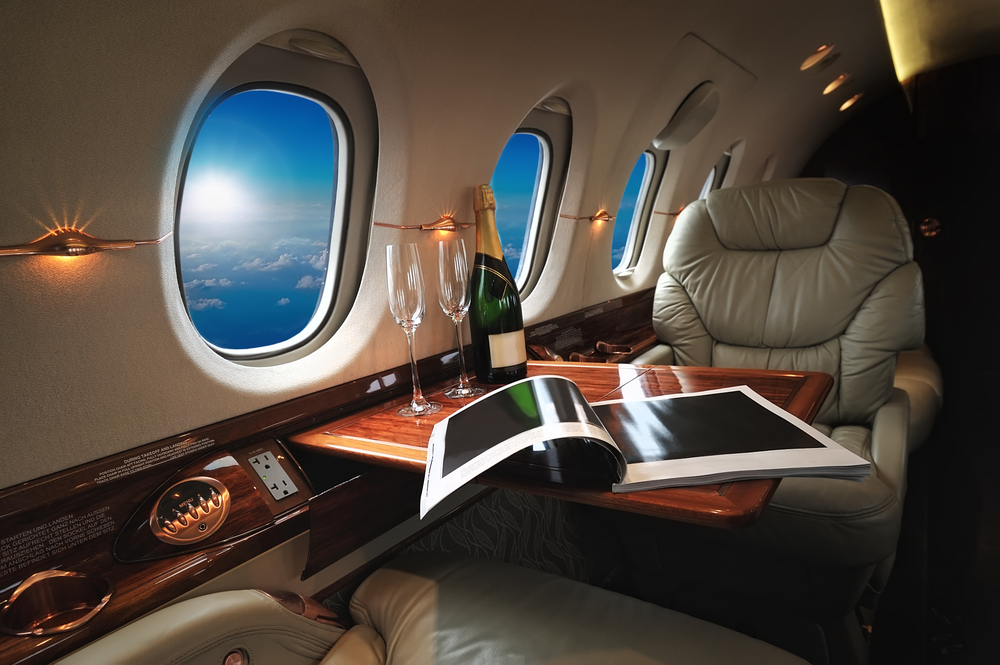
IATA’s Response: A Taxing Idea
IATA’s not mincing words. With global airline profit margins sitting at a wafer-thin 3.4%, they argue the industry simply doesn’t have room to be milked like a prize cow. In fact, they estimate the road to net zero emissions by 2050 will already cost the sector a mind-bending $4.7 trillion. Add in another tax, and that journey could stall at the gate.
They also warn that hammering premium passengers, the ones who essentially subsidise everyone else’s seat, could wreck route economics. That means fewer routes, reduced connectivity, and yes, probably higher fares for everyone, including your budget-loving mate in economy who “doesn’t see the point” of paying extra for legroom.
But Wait, There’s CORSIA
IATA also reminded policymakers about CORSIA, the Carbon Offsetting and Reduction Scheme for International Aviation, painstakingly hashed out via ICAO. They argue that overlapping levies like this so-called “solidarity tax” would just mess up what’s already in motion, creating a patchwork of inefficient, conflicting green policies.
The Knock-On Economic Hit
Beyond aviation itself, IATA points out that the 3.9% of global GDP, along with 86.5 million jobs. And let’s not forget tourism, the lifeblood of many economies, the GSLTF claims to support. Penalising air travel could backfire, leading to reduced tourism income, weaker export markets, and even more damage to developing nations than the tax was meant to help.
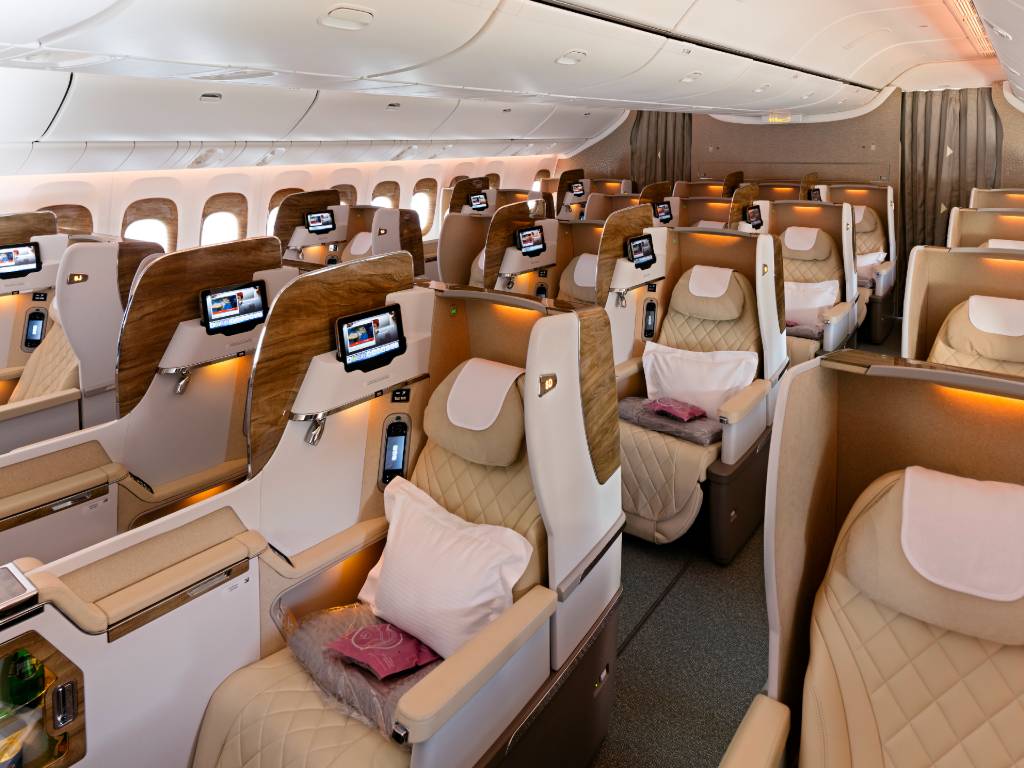
Willie Walsh Drops the Mic
IATA’s Director General, Willie Walsh, summed it up with classic bluntness:
“The airline industry is an economic catalyst, not a cash cow. Yet governments casually suggest a tax on flyers that is three times the airline industry’s annual profit…”
He added that these kinds of taxes usually end up in general government coffers, with “little, if any” of the funds actually going toward climate adaptation.
In short, taxing premium flyers might make for an easy political headline, but economically, environmentally, and practically? It’s turbulence ahead.
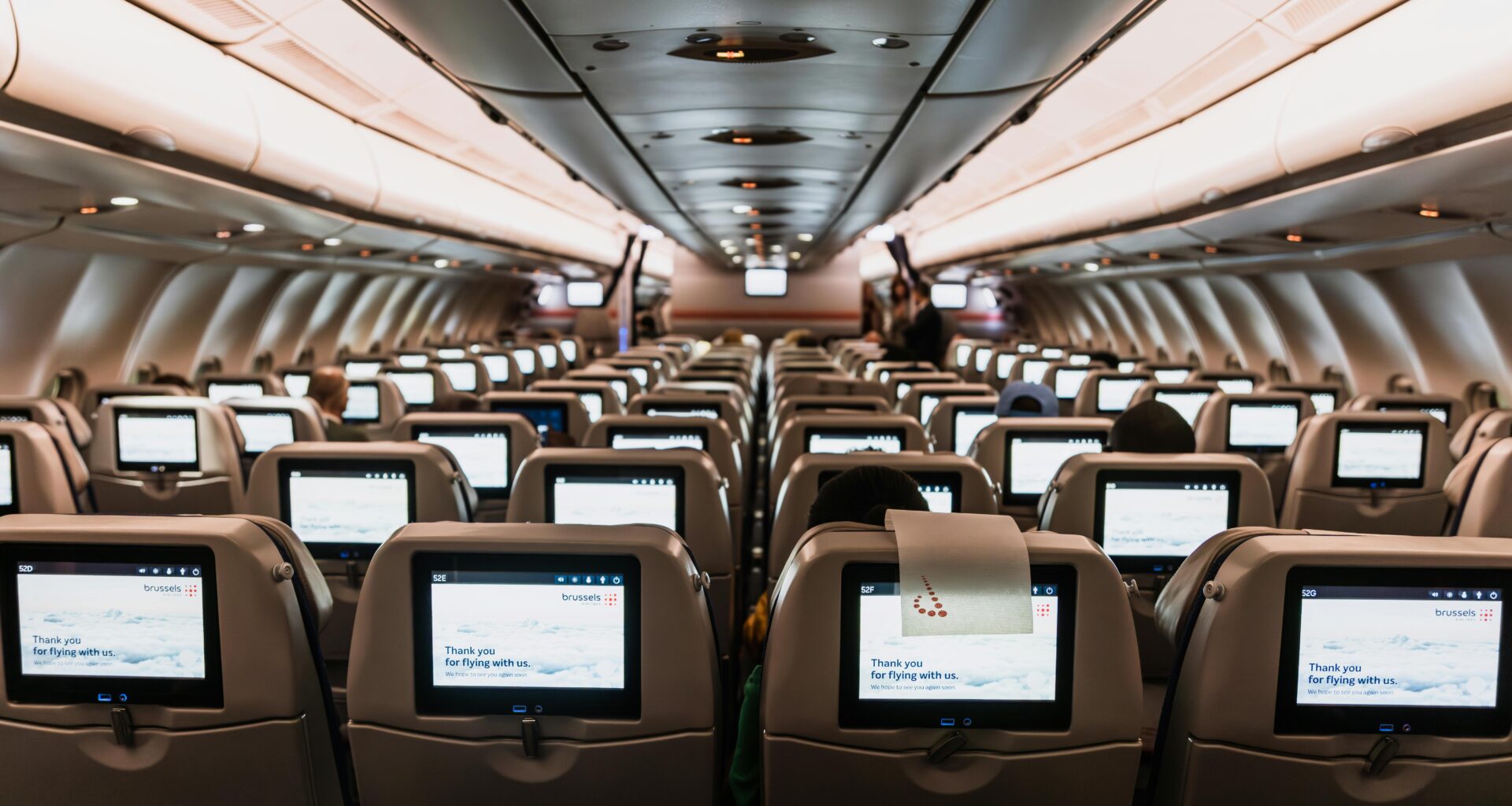

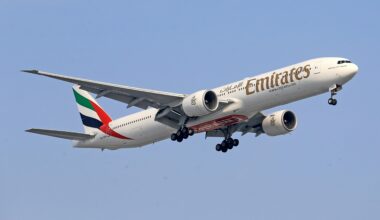
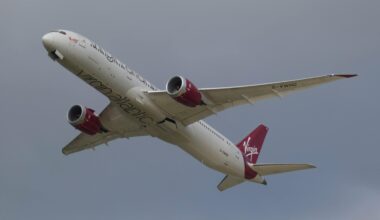
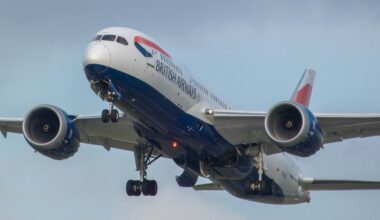
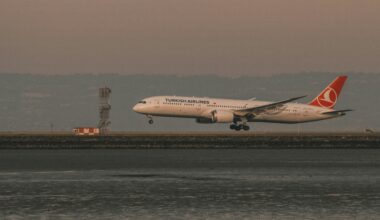


1 comment
If 1% of flyers are causing 50% of the ecological damage then maybe, just maybe, they should go for the lowest of the low hanging fruit and leave the 99% alone for now. The best analogy i can think of is when 10% of cars in the usa caused half the polution so instead of attacking the 90% the government started with the worst of the worst and got a vast number of heavily polluting cars off the road. win/win.